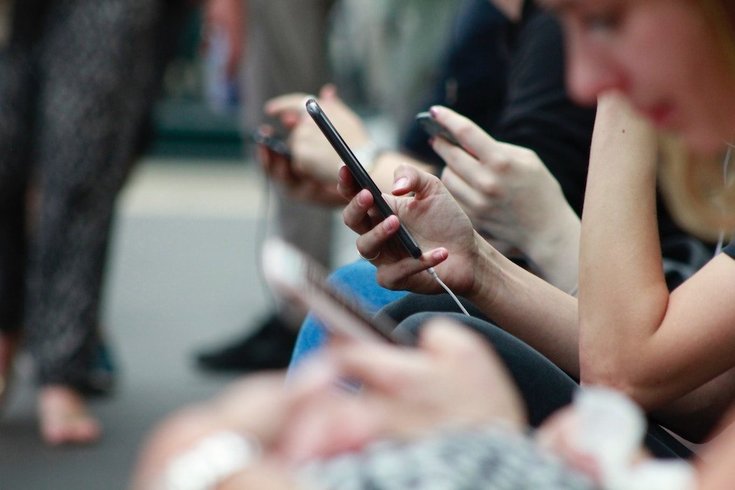
February 18, 2020
 ROBIN WORRALL/Unsplash
ROBIN WORRALL/Unsplash
People who rely on social media for information are more likely to be misinformed about vaccines, according to a study conducted by the Annenberg Public Policy Center at University of Pennsylvania.
People who rely on Facebook, YouTube and other social media platforms for information are more likely to be misinformed about vaccines.
That's the key takeaway from a survey of 2,500 people conducted by researchers at the University of Pennsylvania's Annenberg Public Policy Center.
Researchers found that 20% of participants were at least somewhat misinformed about vaccines. About 18% wrongly believed that vaccines cause autism while 15% incorrectly believed that vaccines are full of toxins. About 19% mistakenly believed that immunity is better developed by contracting a disease.
The study, published Monday by the Harvard Kennedy School Misinformation Review, asked participants to rate how strongly they agreed or disagreed with common claims supported by the anti-vaccination movement. It also asked them questions about their news sources.
The study participants took the same survey during the spring and fall of 2019 – when the United States was battling its largest measles outbreak in decades.
While most participants' views mostly remained unchanged between the two periods, about 19% of participants' views changed significantly. Among this group, 64% became more misinformed.
Additionally, participants who were exposed to more misinformation about measles on social media were more likely to become misinformed during the study period. In the same vein, those who increased their exposure to traditional news media reports about measles were more likely to become less misinformed.
These findings suggest that social media sites need to implement stronger plans in order to block or reduce the vaccine misinformation, researchers said.
Pinterest, Facebook and Instagram have taken various measures recently to stop the spread of misinformation.
Last May, Instagram began blocking any hashtags that consistently contain posts spreading misinformation. In September, Facebook debuted a new feature in an effort to combat vaccine information. When a person searches for "vaccines," a window appears with a link to the U.S. Centers for Disease Control and Prevention.
Pinterest also implemented a similar feature, which connects users to verified medical sites when they search for "vaccine" or "measles."
Follow Virginia & PhillyVoice on Twitter: @vastreva | @thePhillyVoice
Like us on Facebook: PhillyVoice
Add Virginia's RSS feed to your feed reader
Have a news tip? Let us know.